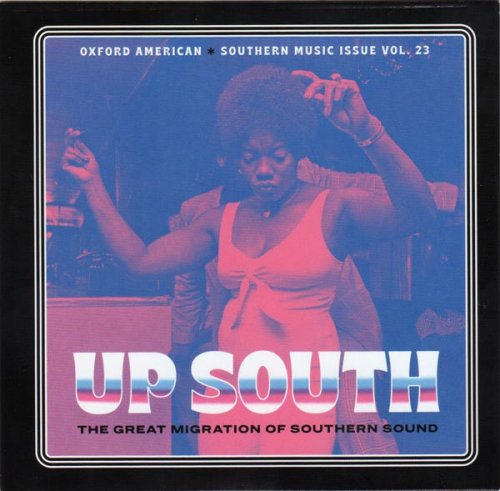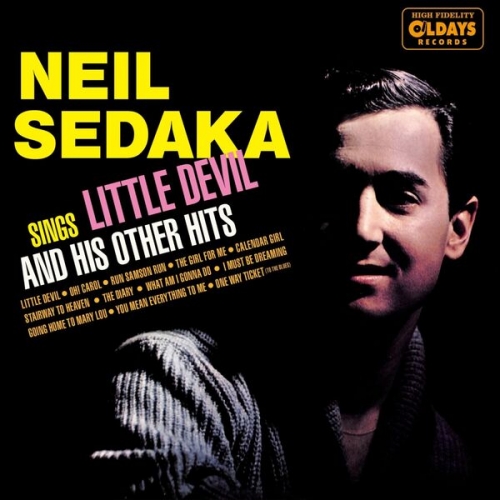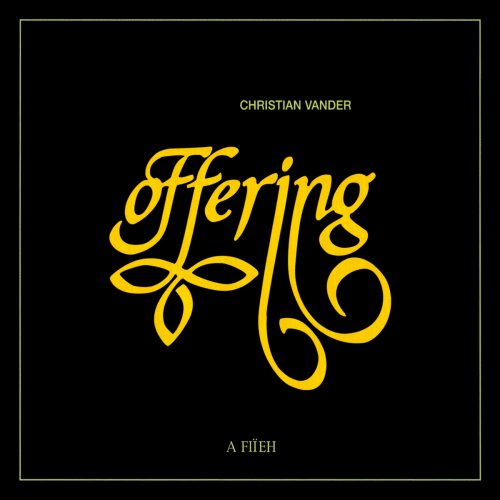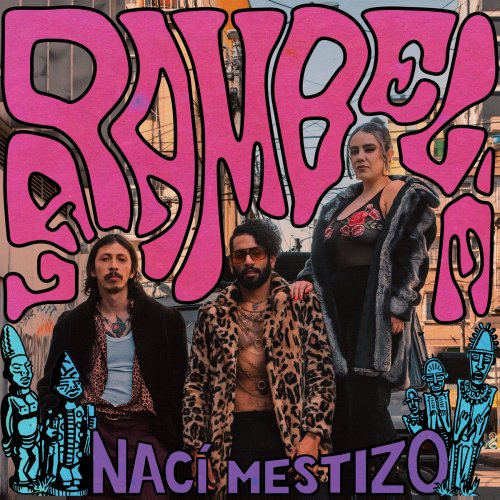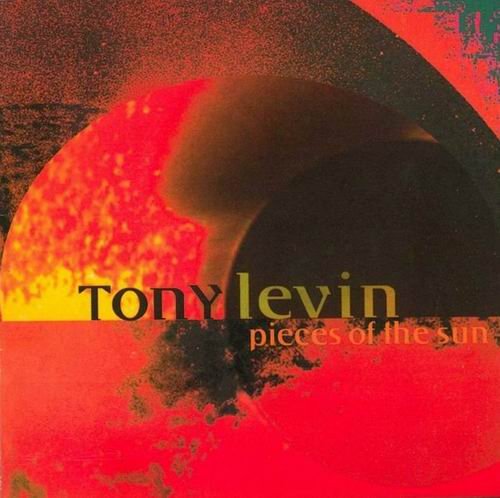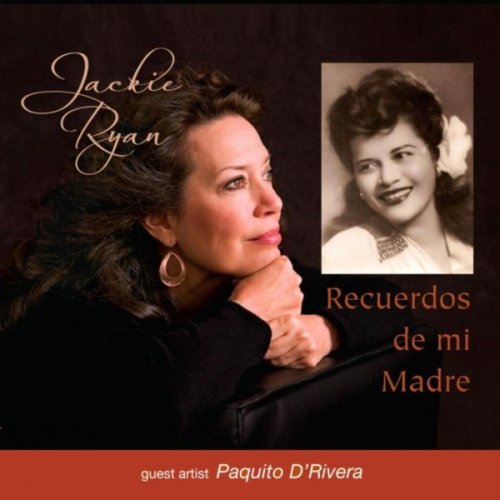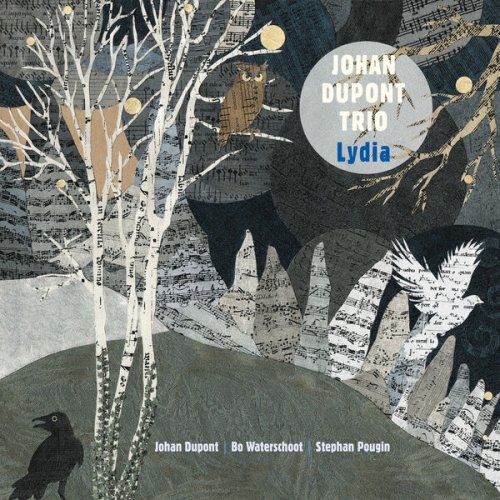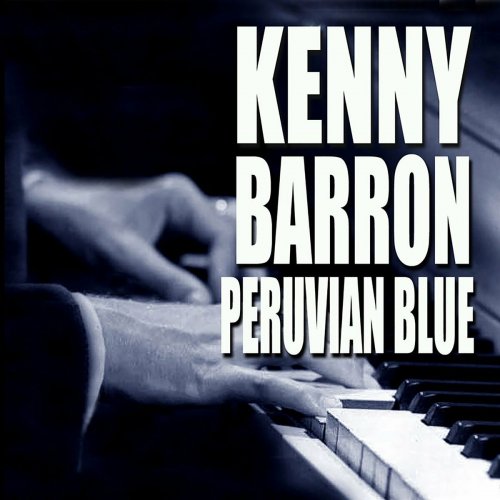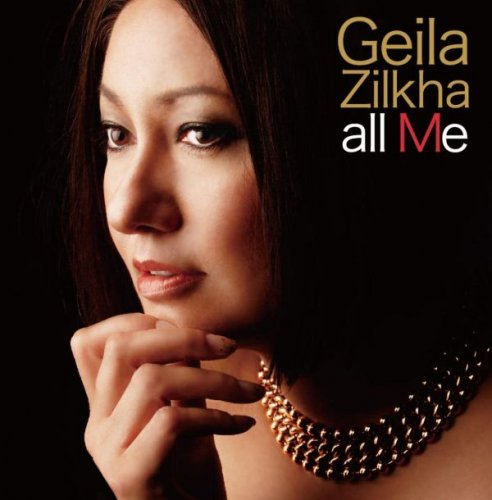Marcus Strickland's Twi-Life - Nihil Novi (2016) HDtracks
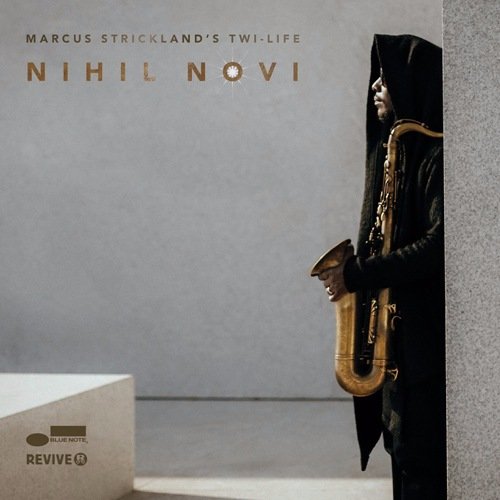
Artist: Marcus Strickland's Twi-Life
Title: Nihil Novi
Year Of Release: 2016
Label: Blue Note/Revive Music
Genre: Jazz
Quality: 24bit-44.1kHz FLAC
Total Time: 53:17
Total Size: 626 MB
WebSite: Album Preview
Tracklist:Title: Nihil Novi
Year Of Release: 2016
Label: Blue Note/Revive Music
Genre: Jazz
Quality: 24bit-44.1kHz FLAC
Total Time: 53:17
Total Size: 626 MB
WebSite: Album Preview
01. Tic Toc
02. The Chant
03. Talking Loud
04. Alive
05. Sissoko's Voyage
06. Mantra
07. Cycle
08. Inevitable
09. Drive
10. Cherish Family
11. Celestelude
12. Mingus
13. Truth
14. Mirrors
Personnel:
Marcus Strickland - saxophones, bass clarinet
Keyon Harrold - trumpet, flugelhorn
Mitch Henry - organ, keyboards
Masayuki Hirano - keyboards
Kyle Miles - electric bass
Charles Haynes - drums
Jean Baylor - vocals (3, 4, 8)
Robert Glasper - piano (8, 11)
Meshell Ndegeocello - electric bass (4, 5, 14)
Pino Palladino - electric bass (2, 7)
James Francies - keyboards (9, 10)
Chris Dave - drums (2, 7, 9)
Chris Bruce - guitar (5)
Since making his debut as a leader with 2001's At Last, Marcus Strickland has established a reputation as a composer of remarkable depth and breadth. On Nihil Novi, his first Blue Note offering, Strickland showcases a new band -- trumpeter Keyon Harrold, keyboardists Mitch Henry and Masayuki Hirano, bassist Kyle Miles, and drummer Charles Haynes. His new tunes offer an even greater array of styles, harmonic textures, and dynamics, and reveal his preoccupation with hip-hop beatmaking. (This isn't a jazz/hip-hop fusion record.) Nihil Novi was expertly and empathetically produced by Meshell Ndegeocello, who also guests on bass. Strickland also brings in some old friends and allies, including Robert Glasper, Chris Dave, Pino Palladino, and Chris Bruce.
On "Tic Toc," Afro-Peruvian rhythms are accented by a meaty, woody, rolling upright bass and expansive post-bop lyricism. The melody is by muted trumpet and alto and tenor saxophones, countered by a nearly spiritual group vocal chorus. The soaring alto on "The Chant," with Palladino on bass and Dave on drums, resembles the intro to Marvin Gaye's "What's Going On," but shifts toward a modal center backed by breakbeats and a rumbling, circular bassline. It fades quickly into "Talking Loud," the first of three cuts featuring vocalist Jean Baylor. Its melody, while based on Bartók's 15 Hungarian Peasant Songs, also reveals the profound influence of J Dilla's neo-soul -- especially in the gospelized organ groove and skittering, behind-the-beat snare clips. But Harrold and Strickland offer altering ascending and descending melodies behind the singer, pushing the track over into new territory. "Inevitable" is a lithe, languid, and soulful jazz ballad, where Baylor's vocal is adorned by Glasper's piano and answered by Strickland's bass clarinet, with Harrold's gorgeous solo nearly stealing the show. "Sissoko's Voyage," titled for kora player Banzoumana Sissoko, contains a harmonic weave of Malian folk song and late Nigerian highlife. But the melody is built upon by Harrold and Strickland toward post-bop, even as Bruce's guitar adds punchy Malian blues à la Vieux Farka Touré to its frame. "Celestelude" commences as a bluesy soul-jazz ballad but shifts gears into modal jazz and gripping funk -- due to Ndegeocello's bass and Henry's clavinet -- then back to simmering, elegant post-bop with elements of Afro-funk woven in. Closer "Mirrors," with its martial Afro-beat drumming and Wurlitzer, intersects with Herbie Hancock's proto-funk fusion, Barry White, Norman Connors, Earth, Wind & Fire, and Gary Bartz's Ntu Troop.
Nihil Novi offers a watershed of ideas. Strickland goes further, deeper, and wider than most who've dabbled in this arena. His beats, as crisp and tight as they are, never hold back the adventure in his tunes; in fact, they are the force that expands their reach. This music is accessible and emotionally resonant, and never leaves jazz out of the equation. (Thom Jurek)
On "Tic Toc," Afro-Peruvian rhythms are accented by a meaty, woody, rolling upright bass and expansive post-bop lyricism. The melody is by muted trumpet and alto and tenor saxophones, countered by a nearly spiritual group vocal chorus. The soaring alto on "The Chant," with Palladino on bass and Dave on drums, resembles the intro to Marvin Gaye's "What's Going On," but shifts toward a modal center backed by breakbeats and a rumbling, circular bassline. It fades quickly into "Talking Loud," the first of three cuts featuring vocalist Jean Baylor. Its melody, while based on Bartók's 15 Hungarian Peasant Songs, also reveals the profound influence of J Dilla's neo-soul -- especially in the gospelized organ groove and skittering, behind-the-beat snare clips. But Harrold and Strickland offer altering ascending and descending melodies behind the singer, pushing the track over into new territory. "Inevitable" is a lithe, languid, and soulful jazz ballad, where Baylor's vocal is adorned by Glasper's piano and answered by Strickland's bass clarinet, with Harrold's gorgeous solo nearly stealing the show. "Sissoko's Voyage," titled for kora player Banzoumana Sissoko, contains a harmonic weave of Malian folk song and late Nigerian highlife. But the melody is built upon by Harrold and Strickland toward post-bop, even as Bruce's guitar adds punchy Malian blues à la Vieux Farka Touré to its frame. "Celestelude" commences as a bluesy soul-jazz ballad but shifts gears into modal jazz and gripping funk -- due to Ndegeocello's bass and Henry's clavinet -- then back to simmering, elegant post-bop with elements of Afro-funk woven in. Closer "Mirrors," with its martial Afro-beat drumming and Wurlitzer, intersects with Herbie Hancock's proto-funk fusion, Barry White, Norman Connors, Earth, Wind & Fire, and Gary Bartz's Ntu Troop.
Nihil Novi offers a watershed of ideas. Strickland goes further, deeper, and wider than most who've dabbled in this arena. His beats, as crisp and tight as they are, never hold back the adventure in his tunes; in fact, they are the force that expands their reach. This music is accessible and emotionally resonant, and never leaves jazz out of the equation. (Thom Jurek)
or
or
